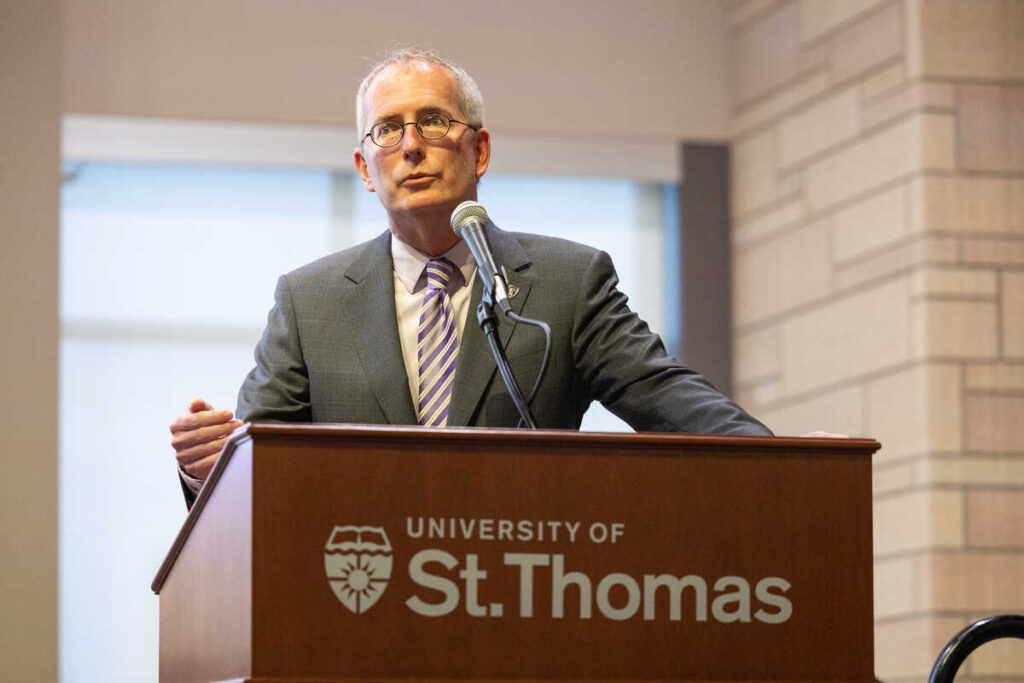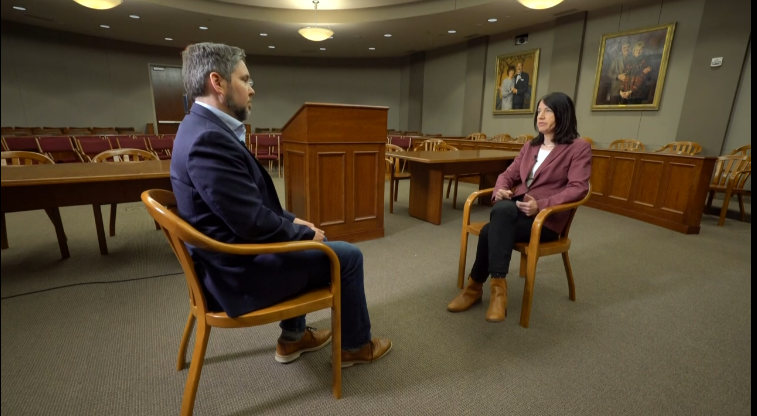If you’ve ever waited tables, chances are you’re a good tipper. At least, that’s the case with me. I remember those double shifts at the restaurant during college, making $2.17 per hour plus tips. It was hard and often thankless work, but the tips made up for it, when people were tipping well, that is.
NPR recently ran a report that delves into the economics behind why we tip. Do you tip out of gratitude for good service, out of guilt, or out of social pressure?
A quick look into the etymology of the word “tip” brings to light myriad acronyms which supposedly explain the origin of the word but are all incorrect. "To Insure Prompt Service," "To Insure Proper Service," "To Improve Performance," "To Inspire Promptness," or "To Insure Promptness"are a few mentioned by Wikipedia. (I won’t go into the erroneous use of “insure” in this context rather than “ensure.”)
Credible sources explain that “tip” is an old word, dating back to the 1700’s in reference to monetary rewards. “Then I, Sir, tips me the Verger with half a Crown,” (1706 The Beaux Stratagem by George Farquhar), and the use of the word referencing non-monetary gifts dates back into the early 1600’s.
So whether you tip a lot or a little, out of guilt or appreciation for service, you now know that tip is not an acronym. For my part, I tip 20% regardless of the service because I’ve been in that poor server’s shoes!






